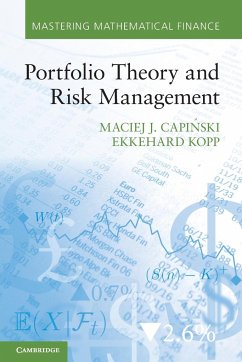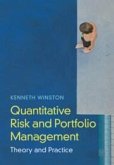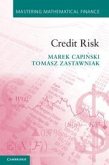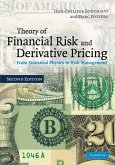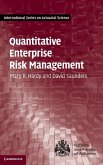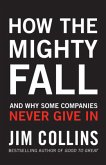"With its emphasis on examples, exercises and calculations, this book suits advanced undergraduates as well as postgraduates and practitioners. It provides a clear treatment of the scope and limitations of mean-variance portfolio theory and introduces popular modern risk measures. Proofs are given in detail, assuming only modest mathematical background, but with attention to clarity and rigour. The discussion of VaR and its more robust generalizations, such as AVaR, brings recent developments in risk measures within range of some undergraduate courses and includes a novel discussion of reducing VaR and AVaR by means of hedging techniques. A moderate pace, careful motivation and more than 70 exercises give students confidence in handling risk assessments in modern finance. Solutions and additional materials for instructors are available at www.cambridge.org/9781107003675"--
Hinweis: Dieser Artikel kann nur an eine deutsche Lieferadresse ausgeliefert werden.
Hinweis: Dieser Artikel kann nur an eine deutsche Lieferadresse ausgeliefert werden.

